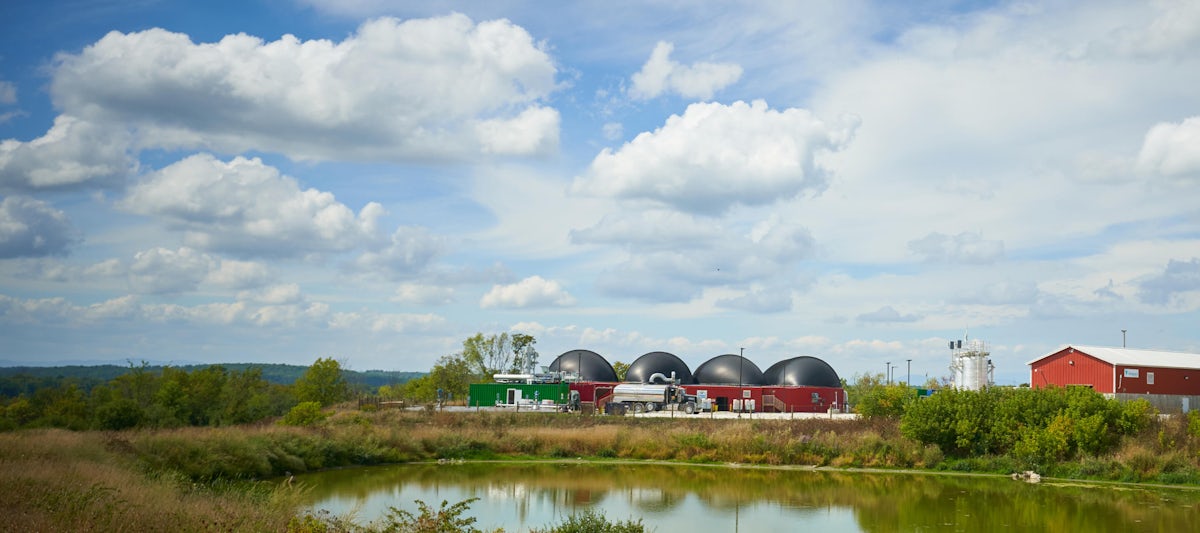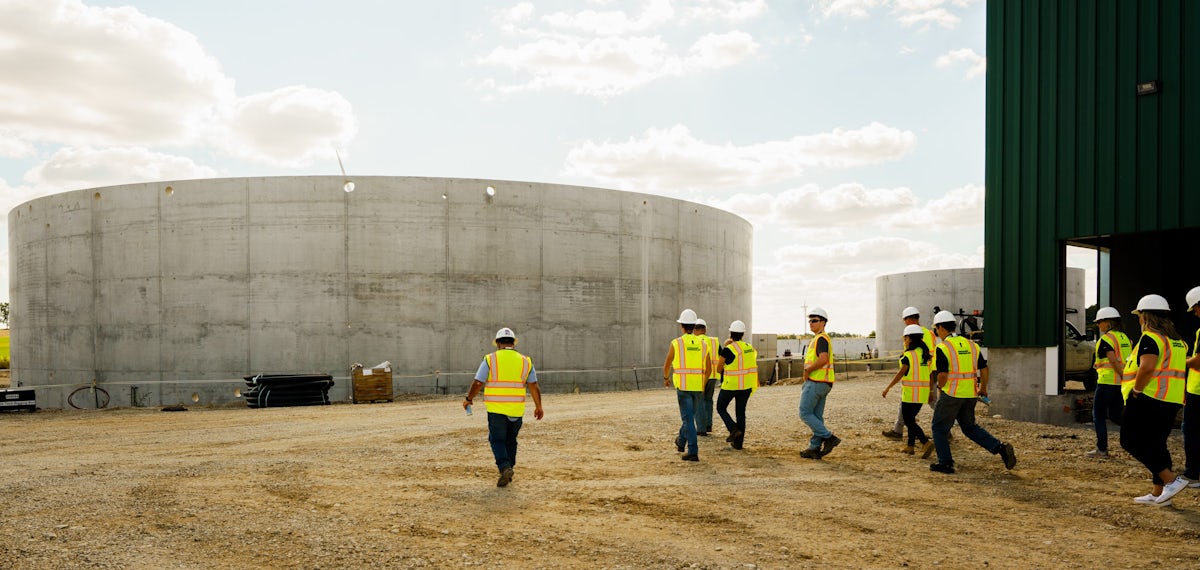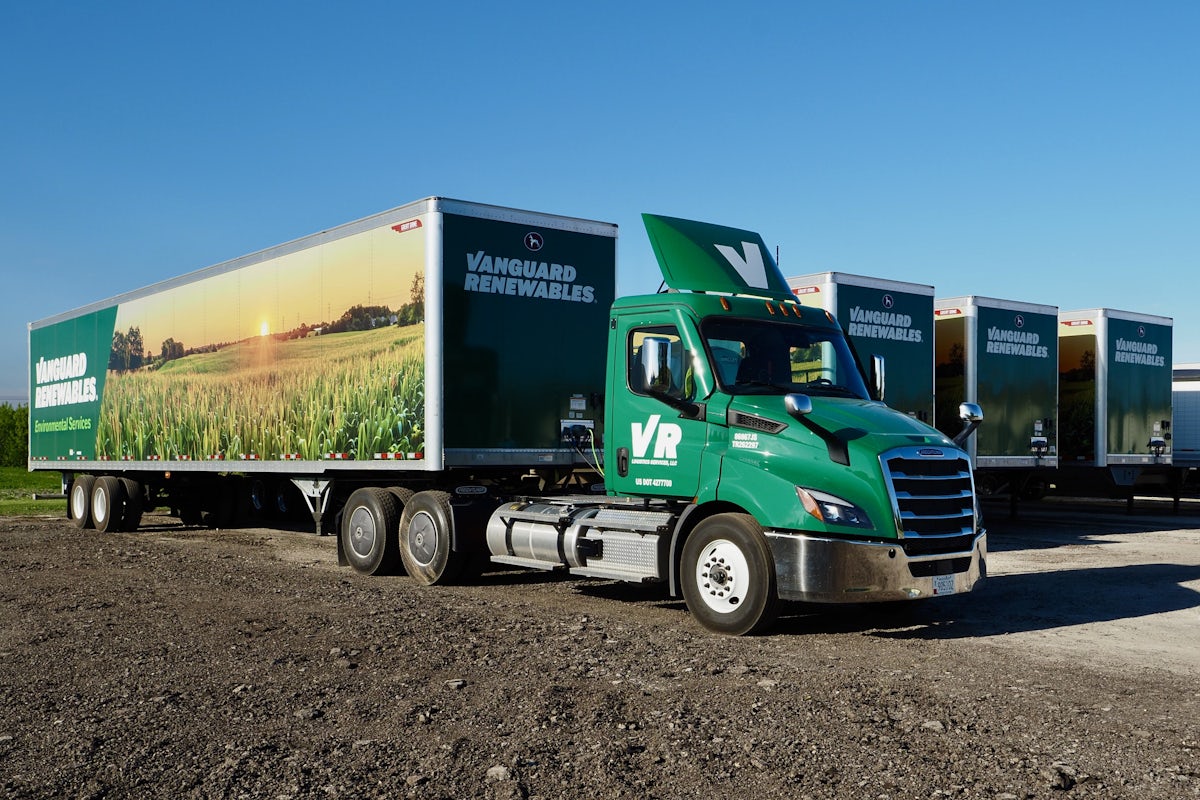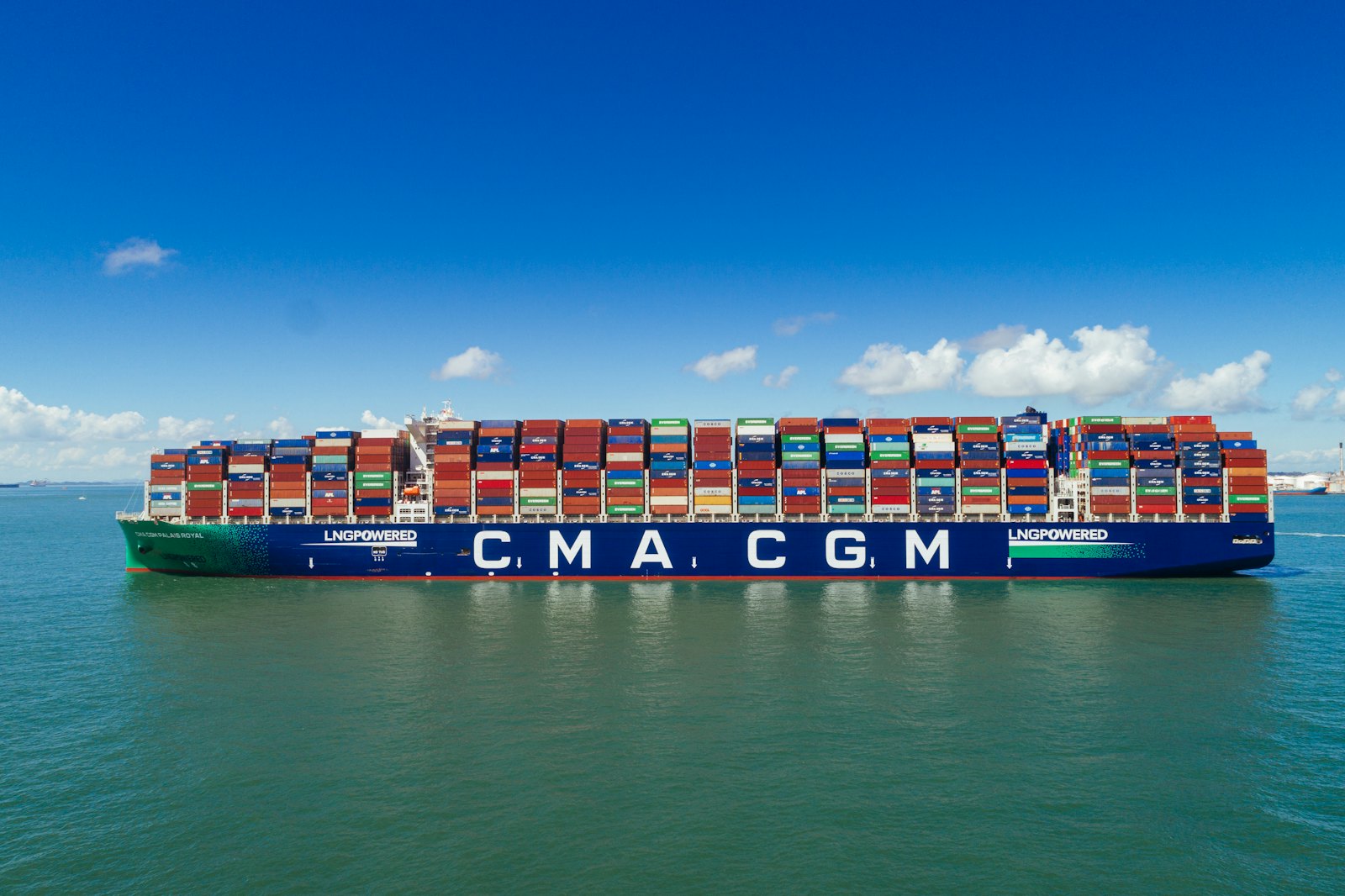Vanguard Renewables Unveils Trillion-Dollar Opportunity for U.S. Industry in Global Maritime Fuel Shift
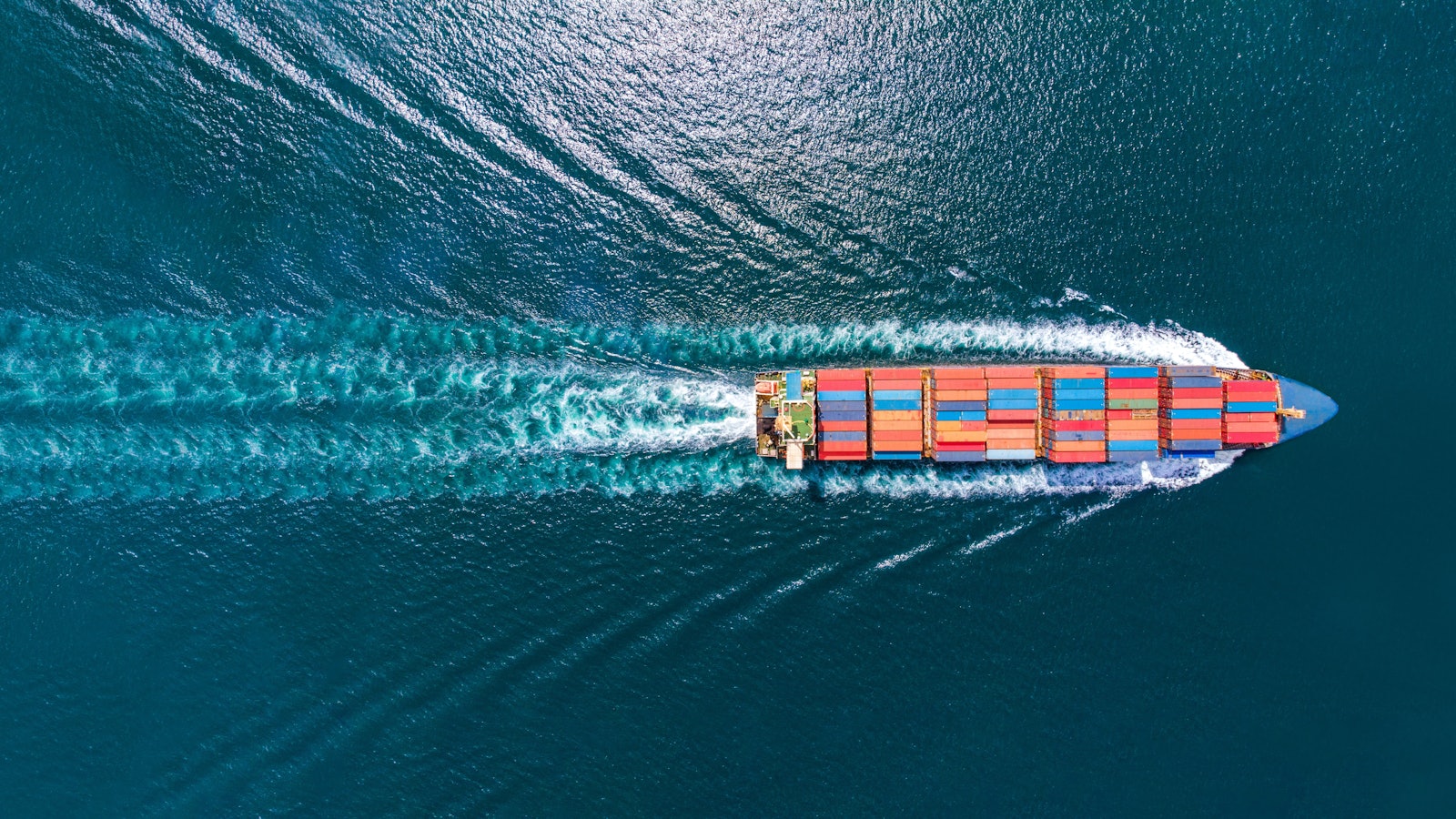
Washington, D.C., Sep. 2, 2025 – Vanguard Renewables today released a new white paper titled “How the IMO’s Net-Zero Framework Can Power American Industry,” authored by CEO Mike O’Laughlin. The paper outlines how the United States is uniquely positioned to benefit from the International Maritime Organization’s (IMO) upcoming Net-Zero Framework.
Set for formal adoption in October, the IMO regulations will establish annual greenhouse-gas intensity limits for large vessels and introduce a market-based measure that prices emissions above those limits. By replacing fragmented regional policies with a unified global standard, the framework could usher in unprecedented investment and catalyze U.S. leadership in clean fuels, logistics, and maritime export capacity.
“The International Maritime Organization’s Net-Zero Framework could unify global shipping regulations and unlock trillions in economic value,” said Mike O’Laughlin, CEO of Vanguard Renewables.
One of the most promising pathways to meet the IMO's targets is bio-LNG, a maritime fuel derived from renewable natural gas (RNG). Captured from manure, food waste, and landfills, RNG serves as the feedstock for bio-LNG. When methane abatement is properly credited, bio-LNG can achieve very low—and at times even negative—lifecycle carbon intensity.
“With unmatched renewable natural gas production capacity, existing infrastructure, and a proven ability to scale, the U.S. is uniquely positioned to lead,” O’Laughlin added. “It’s a once-in-a-generation opportunity, but realizing it will require decisive action, strategic implementation, and further investment across U.S. sectors involved in production and delivery infrastructure.”
The white paper outlines several key findings that support this opportunity:
- The U.S. is positioned to lead: With 30-35% of global RNG production and 3 million miles of natural gas pipelines, the U.S. has the infrastructure and feedstock to support bio-LNG at scale.
- The economic opportunity is massive: Meeting maritime fuel demand could generate $2-$3 trillion in cumulative GDP through 2050, alongside $105-$185 billion in new agricultural revenues and up to 680,000 new jobs.
- Strategic implementation is critical:
-
- Methane abatement recognition in lifecycle scoring allows bio-LNG to complement LNG and reduce fleet carbon intensity.
- Book-and-claim systems connect inland RNG production to coastal bunkering without requiring physical co-movement, enabling scalable logistics.
-
- Policy clarity will shape investment: The final structure of the IMO rule will determine LNG’s viability in the future fuel mix. Without lifecycle credit, LNG faces rising compliance costs and a weakened investment case.
The full white paper is available for download at this link.
About Vanguard Renewables
Vanguard Renewables is a leading U.S. environmental services company and producer of biomethane from organic waste. Headquartered in Weston, Massachusetts, the company builds, owns, and operates on-farm anaerobic digesters that convert food, beverage, and agricultural waste into pipeline-ready renewable natural gas. Vanguard Renewables is rapidly scaling its national footprint, with operational sites across the Northeast and new facilities under construction in the Midwest and South. By diverting organic waste streams from landfills, the company is reducing greenhouse gas emissions at scale while supporting critical domestic energy infrastructure and regenerative agriculture for America's farms. Vanguard Renewables is a portfolio company of Global Infrastructure Partners (GIP), part of BlackRock. Learn more at www.vanguardrenewables.com
For media inquiries:
Vanguard Renewables – [email protected]
